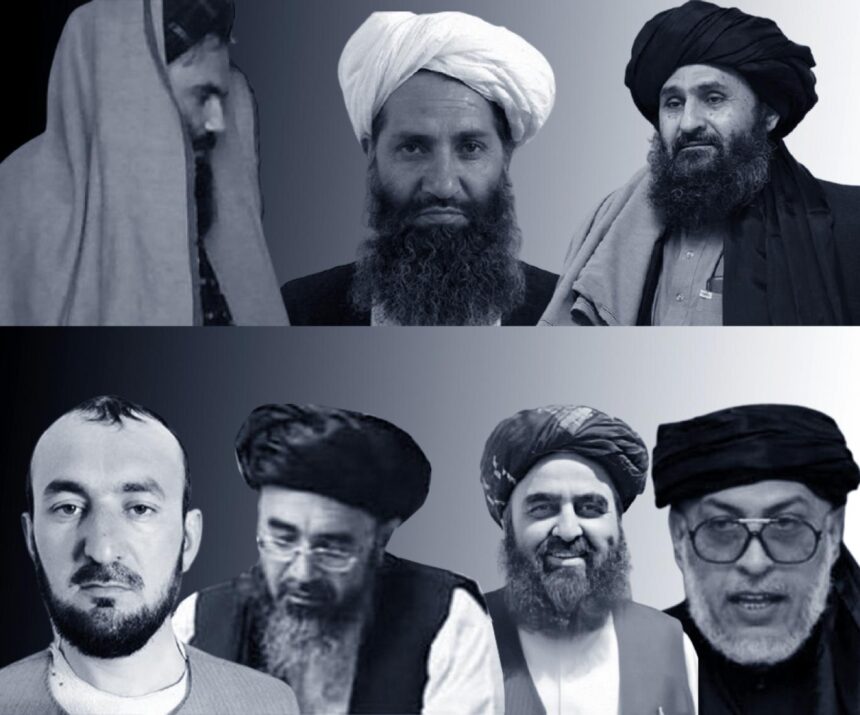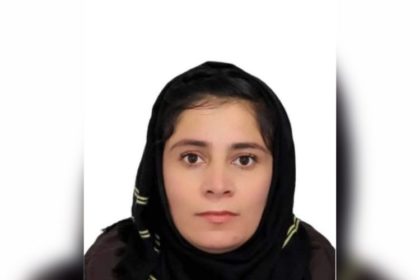RASC News Agency: In recent days, a number of Taliban officials have openly expressed views at odds with those of Mullah Hibatullah Akhundzada, the group’s supreme leader. These remarks have sparked widespread reactions across social media and international media platforms. Notably, Abbas Stanikzai, a senior Taliban figure, condemned the ban on women’s education as a personal decree by Mullah Hibatullah, advocating instead for the promotion of education in Afghanistan. Reuters described Stanikzai’s statements as one of the most forceful public critiques of a policy that has deepened the Taliban’s global isolation, calling his remarks “astonishing.”
CNN characterized Stanikzai’s speech as a “rare and sharp public rebuke” of Akhundzada’s policies, emphasizing that his recent remarks go beyond previous critiques. According to the report, Stanikzai explicitly demanded a shift in Taliban policies, challenging the legitimacy of the current approach. The Economist Times highlighted Stanikzai’s earlier criticisms but noted that this time, he directly addressed Mullah Hibatullah by name, urging him to reconsider his policies. International media have also drawn attention to Stanikzai’s previous role as the head of the Taliban’s peace delegation in Doha, where he negotiated with the United States.
Some observers have suggested that Stanikzai, like members of the Haqqani network, has become increasingly disillusioned with Mullah Hibatullah’s leadership. Reports indicate that he has described Akhundzada as “restrictive,” labeling the prohibition of women’s education as an autocratic, personal decision. During a graduation ceremony at a religious seminary in Khost province on Saturday, January 20, Stanikzai stated that the Taliban are “acting against Sharia law” by disregarding the rights of 20 million Afghanistani women.
Earlier, the Taliban’s Minister of Interior also accused Mullah Hibatullah of consolidating power to the exclusion of others. While some social media users argue that Stanikzai’s remarks are a calculated attempt to soften the Taliban’s image and appeal to the international community, others view his statements as evidence of deepening internal divisions within the group.






